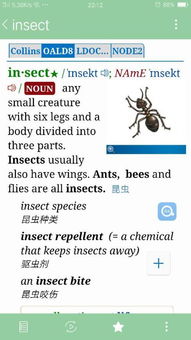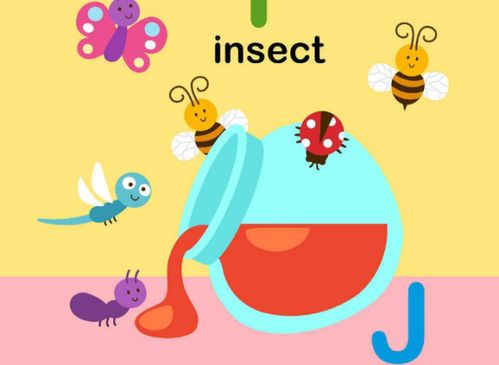
Why Does an Insect Bite Itch?
Have you ever wondered why an insect bite causes such an intense itching sensation? It’s a common occurrence, but the reasons behind it are quite fascinating. In this article, we will delve into the various factors that contribute to the itching sensation after an insect bite, exploring the science behind it.
Understanding the Insect Bite
 An insect bite is a result of an insect’s attempt to feed on your blood or to inject its saliva into your skin. The most common insects that cause bites include mosquitoes, fleas, bed bugs, and ticks. When an insect bites, it injects saliva into your skin, which contains various substances that can trigger an immune response.
An insect bite is a result of an insect’s attempt to feed on your blood or to inject its saliva into your skin. The most common insects that cause bites include mosquitoes, fleas, bed bugs, and ticks. When an insect bites, it injects saliva into your skin, which contains various substances that can trigger an immune response.
One of the primary reasons why insect bites itch is due to the presence of histamines in the saliva. Histamines are chemicals that are released by your body’s immune system in response to an allergen. In the case of an insect bite, the saliva acts as an allergen, causing your body to release histamines.
The Immune Response
 When histamines are released, they cause blood vessels to dilate, leading to increased blood flow to the affected area. This increased blood flow brings more immune cells to the site of the bite, which can further exacerbate the itching sensation. Additionally, the release of histamines can cause the skin to become inflamed, which also contributes to the itching.
When histamines are released, they cause blood vessels to dilate, leading to increased blood flow to the affected area. This increased blood flow brings more immune cells to the site of the bite, which can further exacerbate the itching sensation. Additionally, the release of histamines can cause the skin to become inflamed, which also contributes to the itching.
It’s important to note that not everyone reacts to insect bites in the same way. Some individuals may have a severe allergic reaction to certain insects, such as bees or wasps, which can result in a life-threatening condition known as anaphylaxis.
The Role of Allergens
 In addition to histamines, insect saliva contains other allergens that can trigger an immune response. These allergens can vary depending on the type of insect, but they often include enzymes, toxins, and other proteins. When your body recognizes these allergens, it produces antibodies to fight them off, which can lead to the release of more histamines and other inflammatory substances.
In addition to histamines, insect saliva contains other allergens that can trigger an immune response. These allergens can vary depending on the type of insect, but they often include enzymes, toxins, and other proteins. When your body recognizes these allergens, it produces antibodies to fight them off, which can lead to the release of more histamines and other inflammatory substances.
Some individuals may have a higher sensitivity to certain allergens, which can result in a more intense itching sensation. This sensitivity can be genetic or acquired over time, as your body becomes more reactive to specific allergens.
The Duration of the Itching
The duration of the itching sensation after an insect bite can vary. In some cases, the itching may subside within a few hours, while in others, it can last for several days. The severity of the itching is often related to the size of the bite and the amount of saliva injected by the insect.
It’s worth noting that some insects, such as mosquitoes, can leave behind multiple bites, which can lead to a more prolonged itching sensation. Additionally, if you have a history of allergic reactions to insect bites, you may experience more severe itching and inflammation.
Managing the Itching
There are several ways to manage the itching caused by an insect bite. Here are some effective strategies:
-
Apply a cold compress to the affected area to reduce inflammation and numb the area temporarily.
-
Use over-the-counter antihistamines or antihistamine creams to reduce the release of histamines.
-
Apply calamine lotion or hydrocortisone cream to soothe the skin and reduce inflammation.
-
Keep the affected area clean and dry to prevent infection.
Preventing Insect Bites
The best way to avoid the itching caused by insect bites is to prevent them in the first place. Here are some tips to help you stay bite-free:
-
Wear long-sleeved shirts and pants when in areas where insects are prevalent.
-
Use insect repellents containing DEET or picaridin to deter insects.
-
Keep your home and yard free of standing water, as it can attract mosquitoes.
-
Check your clothing and bedding for signs of bed bugs or fleas.
Conclusion
Understanding why an insect bite itches can help you manage the discomfort and prevent future bites. By knowing the science behind the itching and taking appropriate measures to prevent insect bites, you can enjoy a more comfortable and bite-free life.
| Insect | Common Bites | Saliva Composition |
|---|







